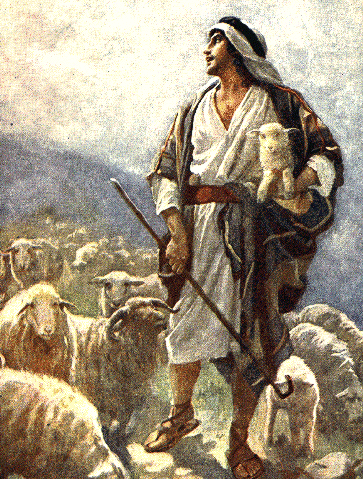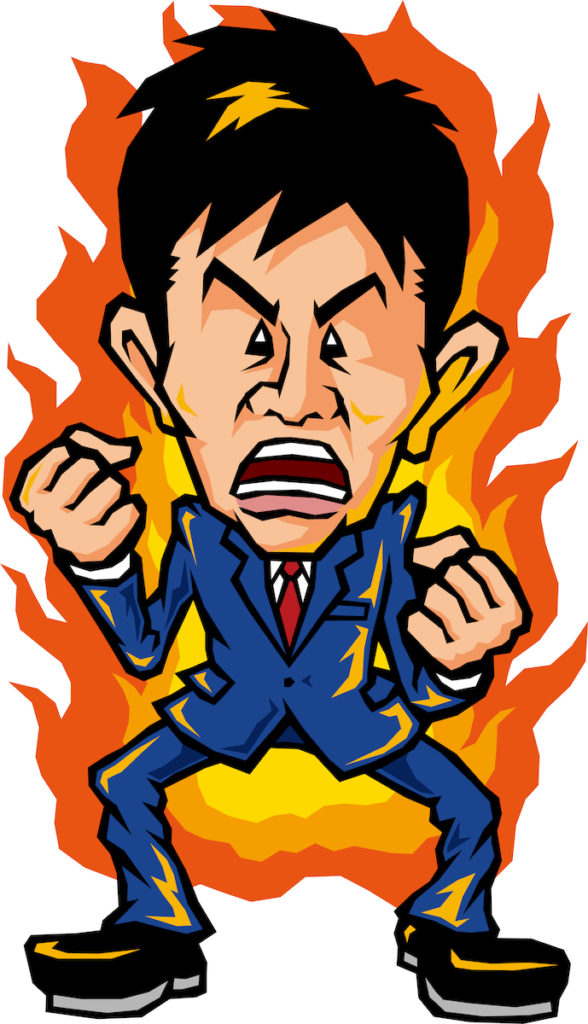Leviticus 21
This chapter contains the regulations for the conduct of priests. YHVH’s standards are high, and a priest could easily be disqualified from service for failing to measure up. YHVH demands higher standards of righteousness, obedience and holiness for those in leadership over his people.

The higher up in leadership one desires to go, the more one’s walk must characterize service, sacrifice, self-deprecation and holiness (see 1 Tim 3:1–13; Tit 1:5–9). The standards of holiness rise as one seeks to attain a deeper and more intimate relationship with YHVH, for as he entrusts a person with greater spiritual responsibility he gives a greater level of anointing commensurate with the responsibilities of the ministerial office. Spiritual responsibility and divine anointing aren’t things to be trifled with or taken for granted.
Yeshua condemned the religious leaders of his day for not practicing what they preached (i.e. hypocrisy), for living lives of pretense and show (he called such ones “whited sepulchers full of dead man’s bones”), and for greediness and pride.
Check your walk in these areas. Do you want to “go places” with YHVH in service to him and his people? Are you willing to pay the price of self-sacrifice and self-deprecation? The sacrifices necessary to be Yeshua’s bondservant comes at a high price (especially for the flesh), but the spiritual rewards are priceless!
Leviticus 10:17–23, Physical defects on the priests.The priests who ministered before YHVH Elohim in the tabernacle were to be completely without physical defect. Why? Because they were a prophetic foreshadow of Yeshua the Messiah who is our perfect and Great High Priest.


